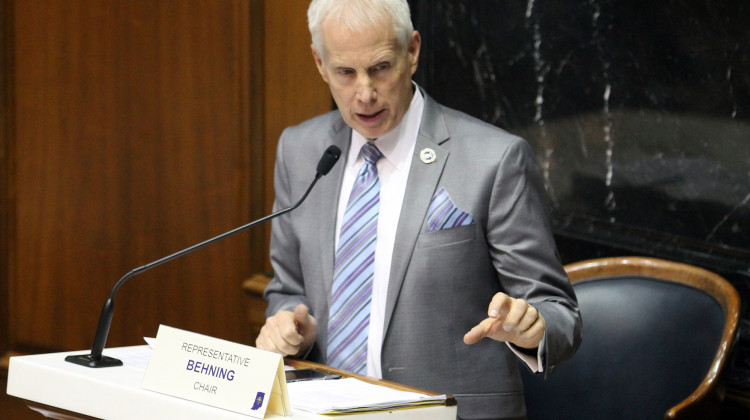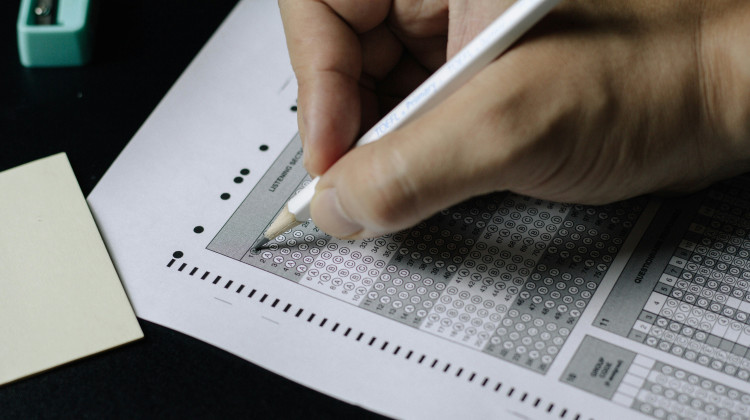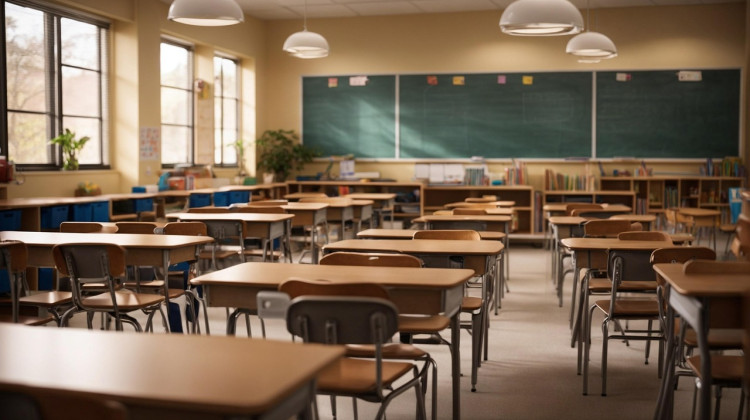Lawmakers are looking at ways to improve the resolution process when parents file formal complaints against a school for not providing services their child needs, but it could be some time before changes are implemented.
Parents of students with disabilities can file complaints if they think a school isn’t offering special education services to their child required by law.
A change made to an existing bill by the House Education Committee Wednesday aims to ease financial burdens if the resolution process gets complicated, but it’s unclear at this point how the state would do that.
Chair Bob Behning (R-Indianapolis) says his goal is to keep dollars to serve students instead of paying for legal fees.
“The intent of the amendment is to continue to work on how we can better serve our students by reducing litigation costs,” he says.
Attorney Catherine Michael has worked with families through the resolution process and says a lack of education and resources for schools and teachers can result in more disputes.
“The heart of the problem, is how do we help schools follow the law, how do we educate them on it?” she says.
The proposal would create a working group through the state board to study best practices and recommend policy changes to improve the process. The group would be required to submit its findings and recommendations to lawmakers later this year.
 DONATE
DONATE









 Support WFYI. We can't do it without you.
Support WFYI. We can't do it without you.